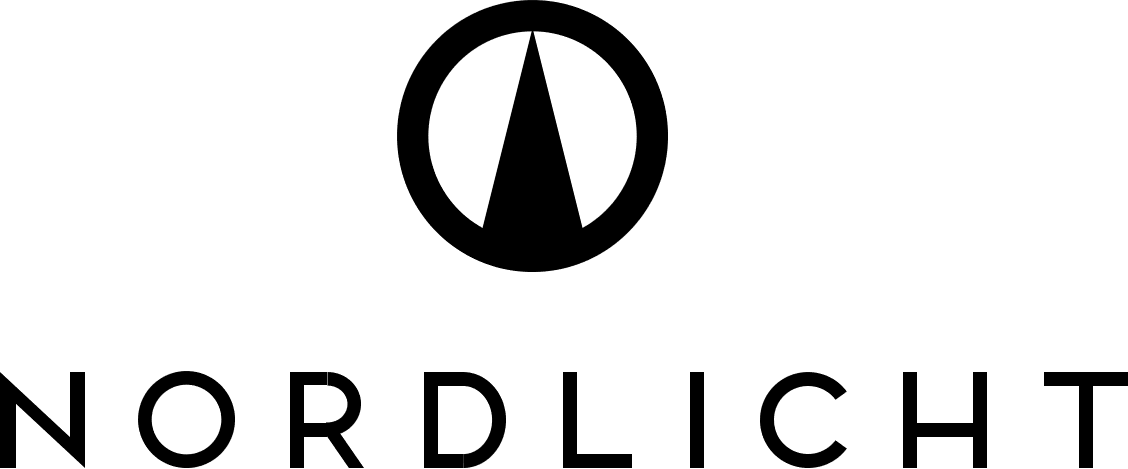NORDLICHT Natural - Perfect for sunny days and warm evenings. Bring the attitude of warm summer evenings straight into your wardrobe.Discover the new S/S 2024 collection!
OUR MATERIALS
GOTS & Green Button certified
organic cotton
What is organic cotton? In short, organic cotton is non-GMO cotton that is grown without toxic pesticides or synthetic fertilizers and harvested under fair working conditions. Their production supports the health of soils, ecosystems and people by relying on natural processes and not on the use of harmful toxins and synthetic fertilizers. Further processing is also sustainable with water-based screen printing, labels made from 100% organic cotton and our material dyeing without harmful chemicals. Recognizable by the GOTS certificate of the products.
vegetable tanned and lwg certified
Natural leather
Genuine leather is more durable and sustainable than faux leather. Because artificial leather is nothing more than a plastic that is based on petroleum. We use vegetable tanned leather from Europe. This means that the animal skin has been processed into soft and supple leather using plant extracts instead of chromium sulfate. All of our leather is PCP-free and contains neither azo dyes nor chromium VI. By avoiding chemical treatment, the leather retains its natural character. People and nature are protected with this ecological production process.
Differences in color and irregularities are a natural feature of vegetable-tanned leather and make each item of clothing unique.
RWS standard
Merino
Wool is a spinning fiber that is obtained from the soft fur of sheep by shearing or combing it. We use wool from controlled organic animal husbandry (kbT). This standard guarantees species-appropriate animal husbandry and feeding as well as the avoidance of fattening aids and pesticides.
Out of love for animals, we use mulesing-free wool. Mulesing is a common practice in Australia in which lambs undergo a painful procedure without anesthesia to prevent parasite infestation.
Wool clothing is antibacterial, which is why it hardly absorbs odors and rarely needs to be washed. In addition, it is windproof, temperature-regulating and durable.
based on wood
lyocell
Lyocell, also known under the brand name Tencel, is the new star of the sustainable textile industry and promises not only exceptional comfort, but also an impressive environmental footprint. Only materials without chemical fibers enable optimal recycling. Lyocell is one of these materials that is currently in particular focus and will enrich our spring/summer collection next year.
vegan
Kraft paper
Our paper collection is made from a sustainable and vegan material that is made in Germany. The tear-resistant paper is developed from plant fibers and solidified with latex. The kraft paper used is often referred to as paper leather because it closely resembles the appearance and function of leather. In contrast to conventional artificial leather, our kraft paper is more natural and sustainable. Nordlicht Bags and backpacks made of kraft paper are designed to be wearable even after many years. The material is not only robust but also resistant to all dirt particles. That's why our kraft paper is the perfect leather alternative.
background
What is a circular economy?
The circular economy is a production and consumption model in which existing materials and products are shared, leased, reused, repaired, refurbished and recycled for as long as possible. In this way, the life cycle of products is extended. In practice this means that waste is kept to a minimum.
After a product has reached the end of its life, the resources and materials remain in the economic cycle as much as possible. This means that they are used productively again and again in order to continue to create value. The circular economy is in contrast to the traditional, linear economic model (“throwaway economy”). Read more


